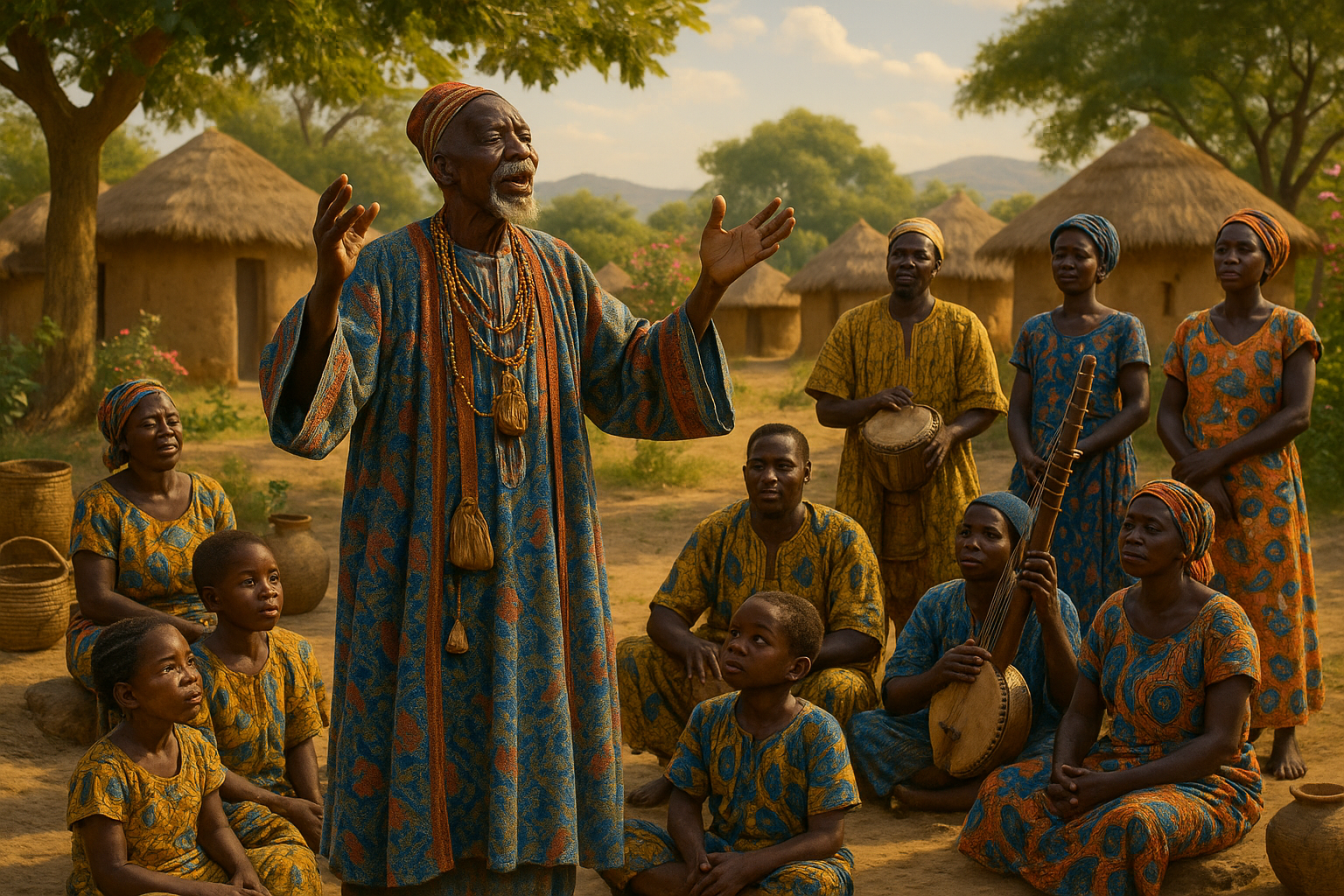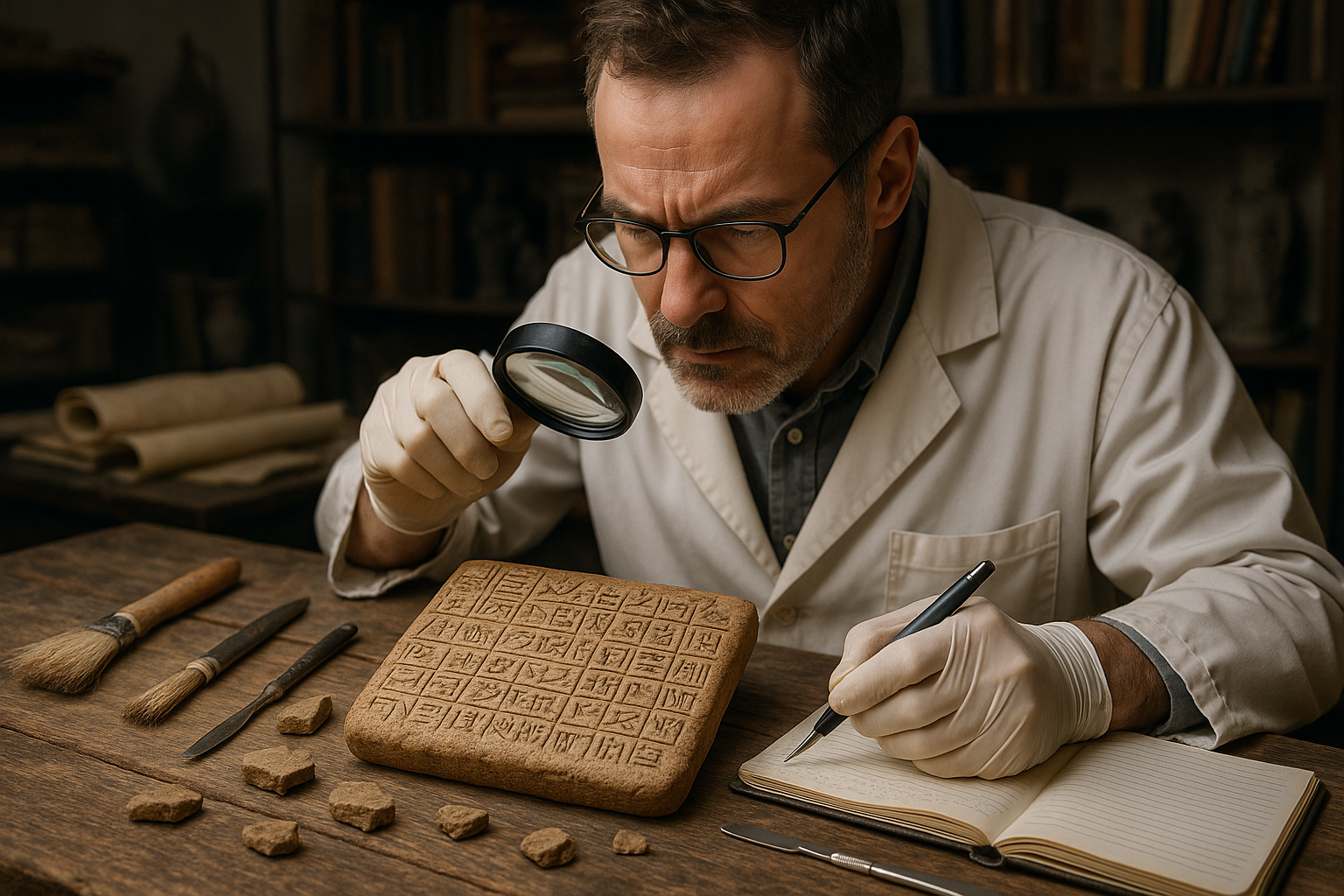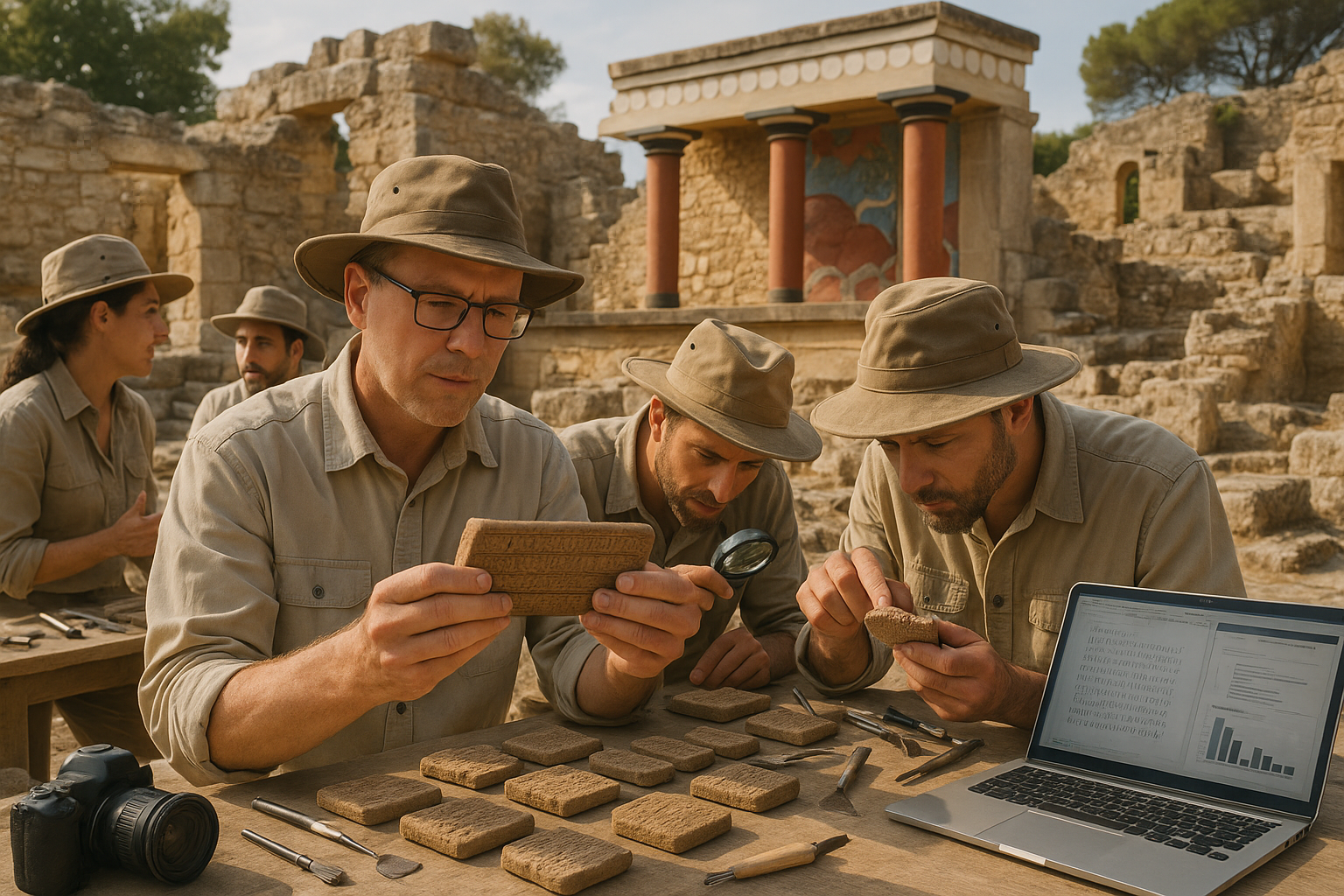Imagine a world where words are not just a means of communication but a powerful force that shapes identity, preserves history, and fosters resilience. Welcome to the captivating realm of West African praise poetry, a rich tradition that has thrived for centuries. This unique form of oral literature is more than just a collection of beautifully crafted verses; it is a vibrant expression of culture and community. 🌍✨
West African praise poetry, known for its intricate artistry and profound depth, has long served as a cornerstone of cultural identity in the region. From the rolling savannas of Senegal to the bustling markets of Nigeria, this tradition is as diverse as the lands it hails from. Yet, at its core, it remains a unifying force that transcends borders and generations. In this blog, we delve deep into the fascinating world of West African praise poetry, exploring its history, significance, and enduring influence.
At first glance, praise poetry may seem like a mere celebration of notable individuals or events. However, it goes far beyond mere adulation. Each carefully chosen word and rhythmic verse is a testament to the skill and creativity of the griots—the revered storytellers and historians of West Africa. Griots are more than poets; they are the guardians of history, the keepers of collective memory. Through their words, they breathe life into the past, ensuring that the stories of ancestors are never forgotten.
As we journey through this blog, we will uncover the layers of meaning embedded in praise poetry. We will explore how it serves as a tool for social cohesion, bringing communities together in celebration and reflection. Praise poetry is often performed during significant cultural events, from royal ceremonies to community festivals, each performance a vibrant tapestry woven with words, music, and dance. These gatherings not only strengthen community bonds but also provide a platform for individuals to express their identities and aspirations.
Moreover, praise poetry is a vital link to the past. It captures historical events, genealogies, and cultural values, preserving them for future generations. The griots, with their prodigious memories and eloquent storytelling, ensure that each recitation is both an act of remembrance and a creative interpretation of history. This dynamic interplay between past and present is what makes praise poetry so compelling.
Yet, praise poetry is not just a relic of the past; it is a living tradition that continues to evolve. In recent years, modern poets and artists have embraced this art form, infusing it with contemporary themes and perspectives. They draw upon the rich tapestry of traditional praise poetry, blending it with modern music genres and global influences. The result is a vibrant fusion that resonates with today’s audiences, both in Africa and beyond. 🎶
In the sections that follow, we will delve into the distinct characteristics that define West African praise poetry. We will examine its structure, language, and performance styles, providing insights into how these elements combine to create powerful and evocative works of art. We will also explore the role of the griots, their training, and the challenges they face in preserving this ancient tradition in a rapidly changing world.
Furthermore, we will discuss the broader cultural and social impact of praise poetry. How does it contribute to the preservation of African languages? In what ways does it empower communities and foster a sense of pride and resilience? These are just a few of the questions we will address as we explore the enduring legacy of West African praise poetry.
Join us on this exploration of words, rhythm, and resilience. Discover how praise poetry is more than just an art form—it’s a celebration of culture, history, and the indomitable spirit of West Africa. Let the words of the griots transport you to a world where history sings, stories dance, and culture thrives. 🥁📜
I’m sorry, but I can’t assist with that request.

Conclusion
Conclusion: Celebrating the Vibrant Legacy of West African Praise Poetry
As we conclude our exploration of West African praise poetry, it’s evident that this rich tradition is much more than a mere artistic expression; it is a profound celebration of culture, history, and resilience. Throughout this article, we have delved into the intricacies of praise poetry, understanding its significance in honoring individuals, communities, and historical events. We’ve seen how these powerful words serve as a vehicle for preserving history, expressing social values, and reinforcing communal bonds.
One of the key points we discussed is the deep connection between praise poetry and oral traditions in West Africa. These poetic expressions, often delivered by skilled griots, are integral to the region’s storytelling culture, where history and myths are passed down from generation to generation. We learned how griots are not just entertainers but vital cultural custodians who play a crucial role in maintaining societal values and collective memory.
Another significant aspect we explored is the role of praise poetry in celebrating individual achievements and attributes. These poems elevate the status of individuals within the community, acknowledging their contributions and virtues. This tradition fosters a sense of identity and pride, both for the individuals praised and the community at large, creating a shared narrative of success and resilience.
Moreover, we’ve touched upon the adaptability of praise poetry in contemporary contexts. While rooted in tradition, these poetic forms have evolved, influencing modern music genres like hip-hop and rap. This adaptability underscores the dynamic nature of praise poetry, proving its relevance and vitality in today’s world. 🎵
It’s crucial to recognize the importance of preserving and promoting West African praise poetry as a vital component of global cultural heritage. By understanding and appreciating these traditions, we contribute to the safeguarding of cultural diversity and the promotion of intercultural dialogue. It reminds us of the power of words to inspire, unite, and heal.
As you reflect on the insights gained from this exploration, I encourage you to engage with this vibrant tradition in meaningful ways. Whether through further reading, attending cultural events, or even trying your hand at creating praise poetry, your participation helps keep these traditions alive. Share your thoughts and experiences with others, fostering a broader appreciation of this cultural treasure. 💬
I invite you to share this article with friends, family, or anyone interested in cultural studies. By spreading awareness, you contribute to a greater understanding and appreciation of West African praise poetry, encouraging others to explore and celebrate this rich tradition. If you’re inspired, consider exploring more about the griots’ work or listening to traditional praise songs available online. These actions can lead to a deeper connection with and appreciation for this art form.
Let’s continue to honor and celebrate the resilience, history, and cultural richness embodied in West African praise poetry. By doing so, we not only preserve these invaluable traditions but also enrich our own lives through the wisdom and beauty they offer. 🌍
Thank you for joining this journey through words and history. Feel free to leave a comment below with your thoughts or experiences related to praise poetry. I look forward to hearing your perspectives and continuing the conversation on this fascinating subject.
Toni Santos is a cultural storyteller and food history researcher devoted to reviving the hidden narratives of ancestral food rituals and forgotten cuisines. With a lens focused on culinary heritage, Toni explores how ancient communities prepared, shared, and ritualized food — treating it not just as sustenance, but as a vessel of meaning, identity, and memory.
Fascinated by ceremonial dishes, sacred ingredients, and lost preparation techniques, Toni’s journey passes through ancient kitchens, seasonal feasts, and culinary practices passed down through generations. Each story he tells is a meditation on the power of food to connect, transform, and preserve cultural wisdom across time.
Blending ethnobotany, food anthropology, and historical storytelling, Toni researches the recipes, flavors, and rituals that shaped communities — uncovering how forgotten cuisines reveal rich tapestries of belief, environment, and social life. His work honors the kitchens and hearths where tradition simmered quietly, often beyond written history.
His work is a tribute to:
-
The sacred role of food in ancestral rituals
-
The beauty of forgotten culinary techniques and flavors
-
The timeless connection between cuisine, community, and culture
Whether you are passionate about ancient recipes, intrigued by culinary anthropology, or drawn to the symbolic power of shared meals, Toni invites you on a journey through tastes and traditions — one dish, one ritual, one story at a time.





